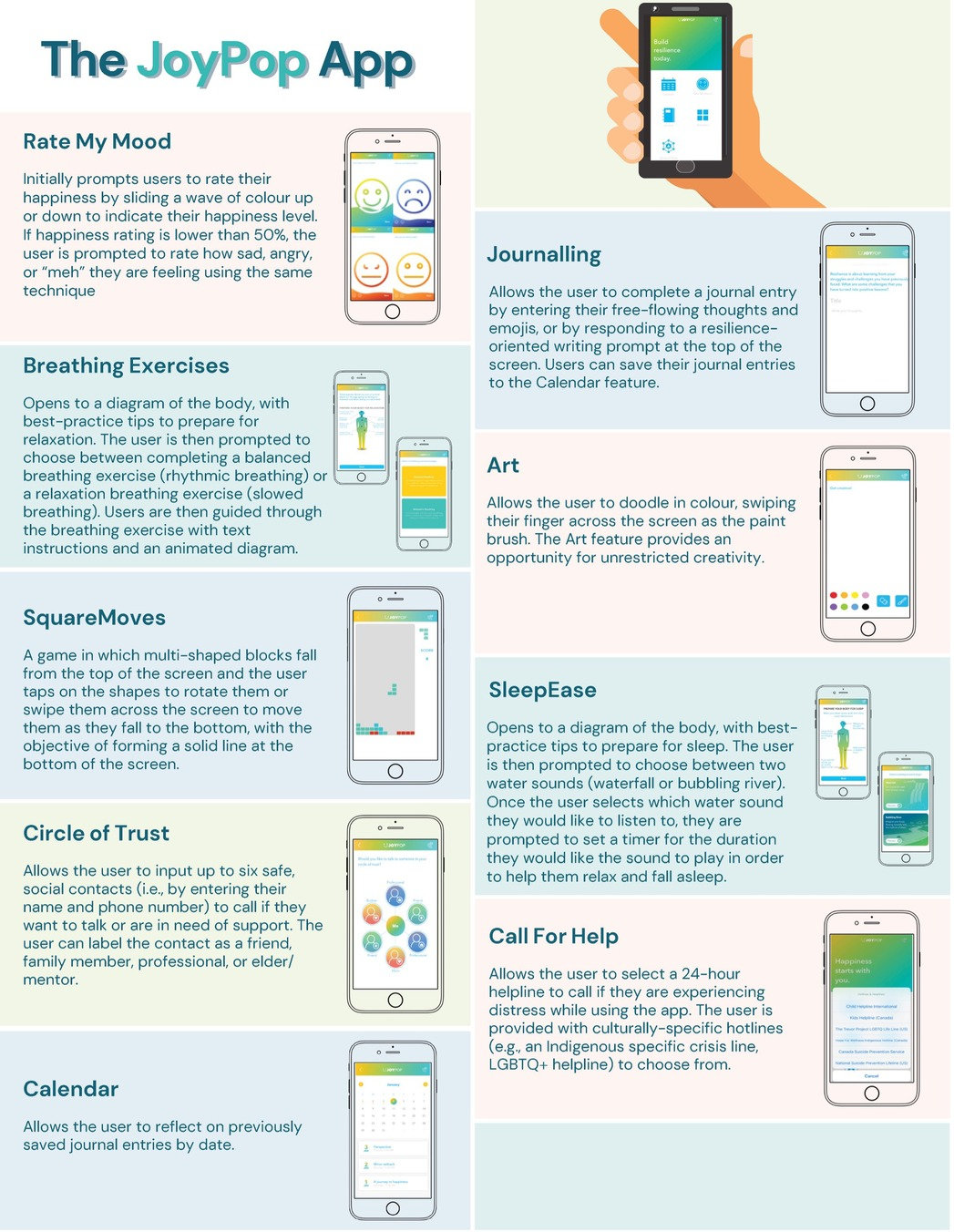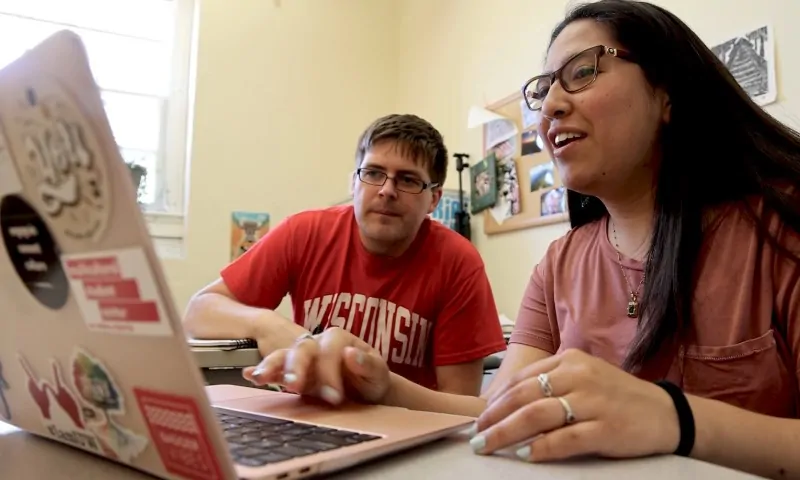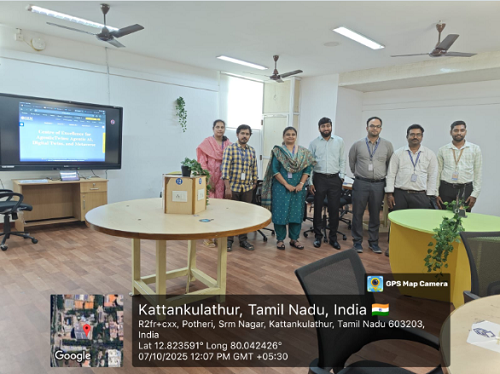
Acceptance of a mental health app (JoyPopTM) for postsecondary students: a prospective evaluation using the UTAUT2
The study evaluated the acceptance of the JoyPopTM mental health app among postsecondary students using the UTAUT2 model, finding that 45. 4% of students accepted the app, influenced by factors such as performance expectancy, hedonic motivation, and facilitating conditions.










